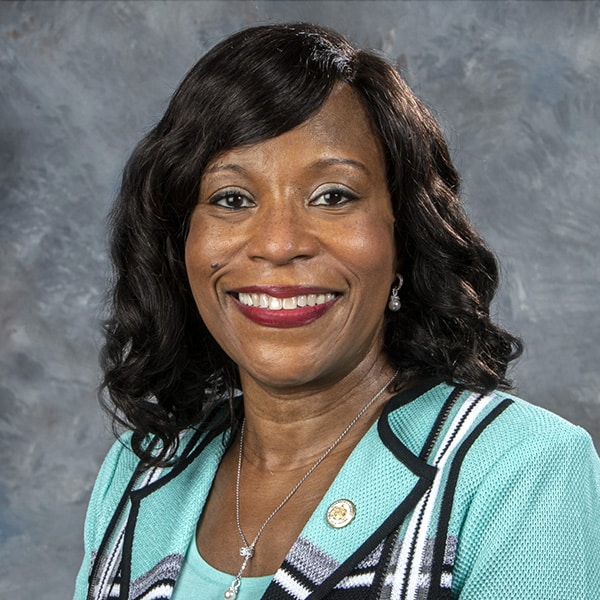As I reflect on our conversation, I remain concerned that our country hasn’t figured out a solution to comprehensively address early care and education. Our youngest citizens are certainly worth the investment. The answers were right there in the room, and we left yet another summit without actionable solutions.
The words of acclaimed researcher and quality education pioneer Ronald Edmonds came to mind as I boarded my flight: “We can, whenever and wherever we choose, successfully teach all children whose schooling is of interest to us. We already know more than we need to do that. Whether or not we do it must finally depend on how we feel about the fact that we haven’t so far.”
We know that investing in children 0-5 years old is a proactive solution. I know this personally, having reaped the benefits of a high-quality early education through Head Start as a 4-year-old on the south side of Chicago over 50 years ago. I went on to spend over 25 years at the highest levels of state government leading Birth to Grade 12 settings across the country. In my work, I often saw remediation and intervention became the solution as kids walked into classrooms NOT Kindergarten Ready because they did not get what they needed when their brain was developing, during the most critical years from 0-5.
It is beyond time for us to do something. I certainly hope in my lifetime we will once and for all comprehensively address and fix our Prenatal to Age 5 early care and education challenges. As I shared during the plenary panel at The Hunt Institute Summit, prioritizing our youngest citizens IS the economic plan and future for a better America. Early care investments give us a two for one-we address the workforce challenges of today, limited access to affordable high-quality child care, and we also ensure that the next generation of citizens receive what they need during the early foundational years so that they can become tomorrow’s leaders. Let’s leave a legacy of being the first generation of Americans to solve the early care and education crisis!


